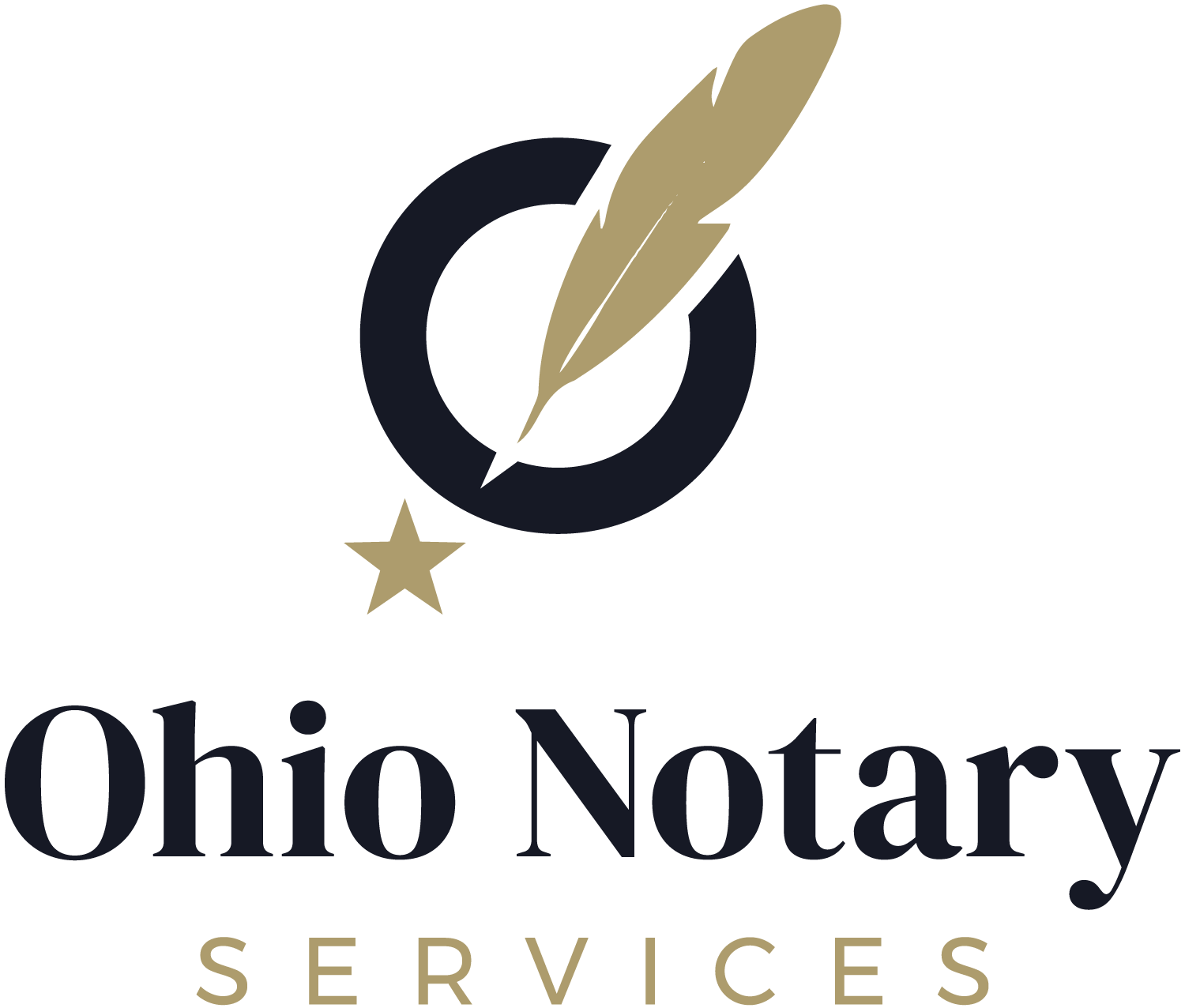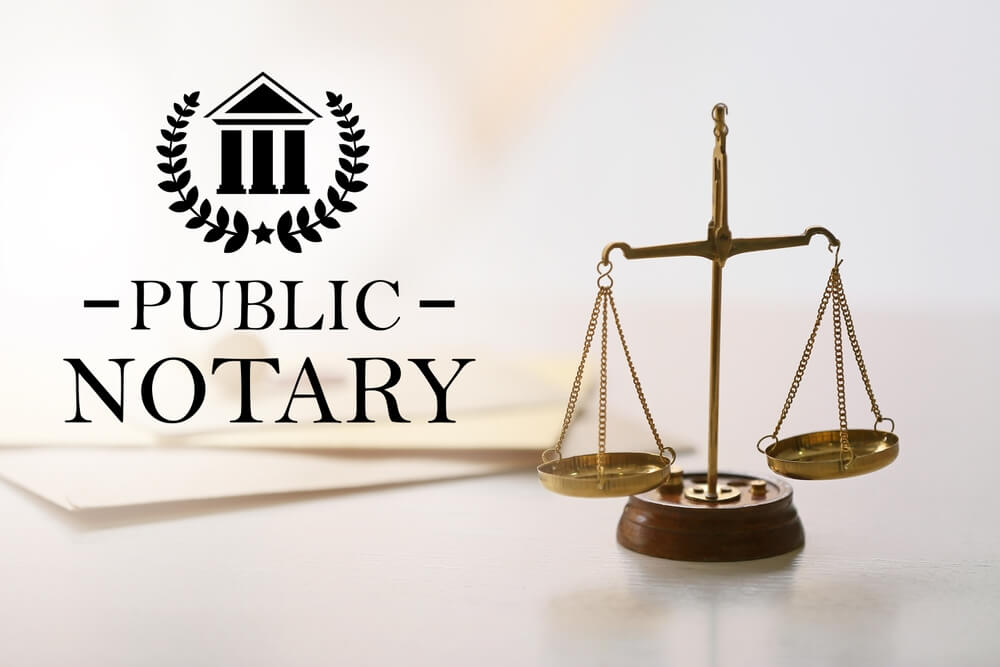DIRCO Regulations Demystified: A Guide to Diplomatic Protocol
DIRCO Regulations Demystified: A Guide to Diplomatic Protocol
Blog Article
Debunking Notarial Work: Streamlining the Duty and Value of Notaries
In the elaborate internet of lawful documents and verification, notaries stand as pillars of assurance and authenticity. Their duty, often shrouded in enigma for numerous, lugs substantial weight in ensuring the validity and integrity of critical files. As guardians of validity and reality, notaries play a critical part in our culture, yet their job is not constantly fully understood. By unraveling the intricacies surrounding notarial practices and dropping light on the value of their acts, a more clear understanding arises of the crucial function notaries play in supporting the textile of contractual and lawful arrangements.
The History of Notarial Job
The history of notarial work days back to ancient civilizations, where scribes played a vital role in videotaping essential details and validating records. This led to the development of notaries, individuals selected by the state to act as unbiased witnesses in legal issues.
During the Middle Ages, notaries got prestige in Europe, with their features expanding to consist of drafting lawful files, certifying trademarks, and maintaining documents. The rise of global profession better highlighted the value of notarial job in validating agreements and contracts throughout boundaries.
In the modern-day age, notaries proceed to play an important function in lawful and company transactions by confirming identifications, confirming the authenticity of records, and protecting against fraudulence. Their duty in accrediting the legitimacy of arrangements adds a layer of security and trust to the ever-evolving landscape of commerce and law.

Tasks and Obligations of Notaries
Notaries play a vital duty in confirming the credibility of papers and the identification of notaries. One of their primary responsibilities is to witness the finalizing of essential papers, such as wills, acts, and contracts, to make certain that all celebrations are entering into contracts purposefully and voluntarily.
They certify duplicates of original documents, providing assurance to organizations that the duplicates are real reproductions of the originals. In general, the responsibilities and duties of notaries are essential in protecting the integrity and validity of numerous papers and purchases - Deceased Estate.
Notarial Certificates and Signatures
Exhibiting careful interest to information, notarial certificates and trademarks serve as essential parts in verifying the authenticity of legal files. Notarial certifications typically include crucial details such as the day of registration, the names of the signatories, a description of the paper, and the notary's official seal. These certifications give a clear document of the notarial act, making sure that the record can be conveniently determined and traced back to the notary that looked after the procedure.
Trademarks play a crucial duty in notarial work, as they signify the contract and consent of the parties involved. Notaries thoroughly witness the finalizing of documents to confirm the identification of the signatures and verify that they are signing of their own free choice. By affixing their main seal and signature to the document, notaries accredit that the required treatments have been adhered to which the paper is valid and enforceable.
In significance, notarial certificates and trademarks are the characteristic of authenticity site web in lawful transactions, offering assurance to all celebrations involved that the files are genuine and binding.
Relevance of Notarial Acts

Registration Refine Explained
The notarization procedure commonly starts with the private providing the paper to a notary public. When the identity is confirmed, the notary ensures that the private authorizing the paper does so voluntarily and without any coercion.

Final Thought

Notarial certificates normally contain important info such as the day of registration, the names of the signatories, a summary of the document, and the notary's official seal. These certificates provide a clear click for more record of the notarial act, guaranteeing that the document can be quickly identified and mapped back to the notary who supervised the process.
By attaching their official seal and signature to the record, notaries license that the needed treatments have actually been followed and that the file is enforceable and legitimate.
By verifying the identification of the signatories, verifying their readiness to enter into the contract, and accrediting the day and area of the signing, notaries play a vital function in maintaining the validity of legal records.After the document is signed, the notary will affix their official seal or stamp onto the document.
Report this page